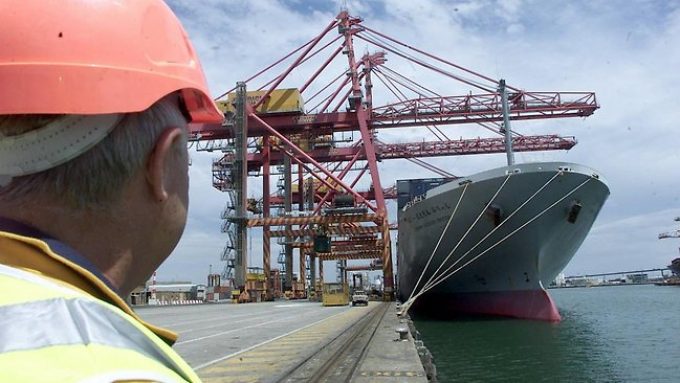Mr Joy: Victoria – Shitoria (Part One)
All about the ‘Big Mess’

Patrick Terminals and the Maritime Union of Australia (MUA) have finally agreed a four-year workplace deal, ending two years of fraught negotiations and waterfront disruption.
The in-principle agreement, which has to be voted on by union members, comes just days before Patrick’s application to terminate the ...

Comment on this article